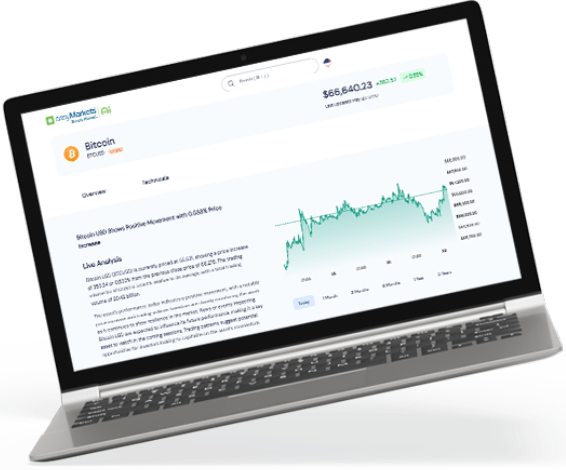How do Interest Rates Influence the Economy?
Interest rates play a significant role in the overall economic activity and progress of a nation. When the central bank of a country changes the interest rates, it majorly influences the investment market, assets market, and any other commodity related to the financial markets.
Let's take a look at why a central bank changes the interest rates
When the Economy is Growing Too Quickly
This means that organizations are recording profits, the unemployment rate is low, and consumers are spending more money. In such a scenario, the central bank of the nation usually increases short-term interest rates in a bid to curb the economy from growing too rapidly and taking a risk with inflation. A surge in prices is known as inflation, which occurs due to an imbalance between the availability of cash and the merchandise and services it can purchase. When the interest rates are accumulated, banks pay more interest on their deposit accounts, but the cost of borrowing becomes much higher in this case.
When the Economy is Slowing Down
This means that organizations are suffering losses, the unemployment rate is on the rise, and consumers are refraining from spending money, thereby resulting in a bearish market. In this scenario, the central bank decreases short-term interest rates in an attempt to make borrowing money much easier and affordable. Due to lower interest rates, consumers and enterprises can have access to products and services in a more affordable way. This eventually fuels economic growth and may save the economy from a recession. When consumers indulge in cash retention by not spending on products and services, a recession takes place. When interest rates are lower, it means there is ample amount of liquidity in the banks, which in turn makes the cost of borrowing much lower.
It is important to note that the central bank of a nation is not solely responsible for fluctuating interest rates. There are certain events that could lead to such fluctuations, such as geopolitical events, natural calamities, economic crisis, and so on. For instance, the Bank of England has cut the interest rates in 2016 to a record low of 0.25% due to the weak economic activity caused by the Brexit vote.

Impact of Higher Interest Rates
- The Cost of Borrowing Increases – When interest rates are higher, loans become more costly, which means people abstain from borrowing. In this scenario, people who have opted for loans will have to sacrifice a huge portion of their income due to the high interest payments.
- Decrease in Overall Expenditure – Due to shortage of disposable income, people won't spend as much on goods and services. If they don't spend, there will be a shortage of liquidity in the market, thereby leading to a bearish economy.
- Lowered Confidence – A surge in interest rates has a negative impact on both consumers and businesses. Due to a liquidity crisis, companies would not be able to roll out new investments and expand their products and services.
- Increased Foreign Exchange – Higher rates mean more foreign investments looking to capitalize on the higher interest rate, therefore a rise in the local currency that the investments must be converted to.
Impact of Lower Interest Rates
- The Cost of Borrowing Increases – A fall in interest rates makes loans more affordable and accessible. This would encourage people to opt for loans at marginal interest payments, which in turn, mean an increase in disposal incomes.
- Increase in Asset Prices – When the interest rates are lower, it is easier for people to buy assets, such as home or vehicles, through financing options. This triggers a rise in the prices of assets, and therefore an increase in wealth.
- Increase in Liquidity – Increase in disposable income due to lower interest rates may make consumers spend more money on goods and services. This will in turn lead to higher liquidity and eventually, a better economy.
- Decreased Foreign Exchange – Lower interest rates are less attractive to foreign investors resulting in a lower relative currency value.














